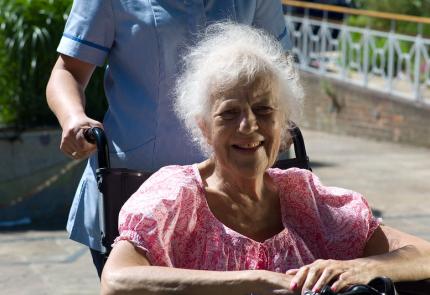More than 480,000 people around the world have died from Covid-19 (as at 25 June), leaving behind millions of bereaved relatives, friends and loved ones.
Grief is part of the human experience, but the unique circumstances of the global pandemic mean there is a risk that relatives could find it especially difficult. This could lead to prolonged bereavement, post-traumatic stress, and damage to physical and mental health.
There are a number of factors that research evidence shows increase the risk of poor bereavement outcomes. These include having a relative die in hospital in intensive care, seeing a relative experience severe breathlessness, and not being able to sit by a relative’s side, all of which are more likely in the pandemic. In addition, there is the risk of disruption to relatives' normal social support networks, for example, due to social distancing measures.
In response, a team of specialist palliative and end of life care researchers at ARC South London, based at King’s College London’s Cicely Saunders Institute, has made a series of recommendations for mitigating the negative effects on bereaved relatives and health care professionals.
Dr Jonathan Koffman, reader in palliative care at the Cicely Saunders Institute, and one of the authors, says:
